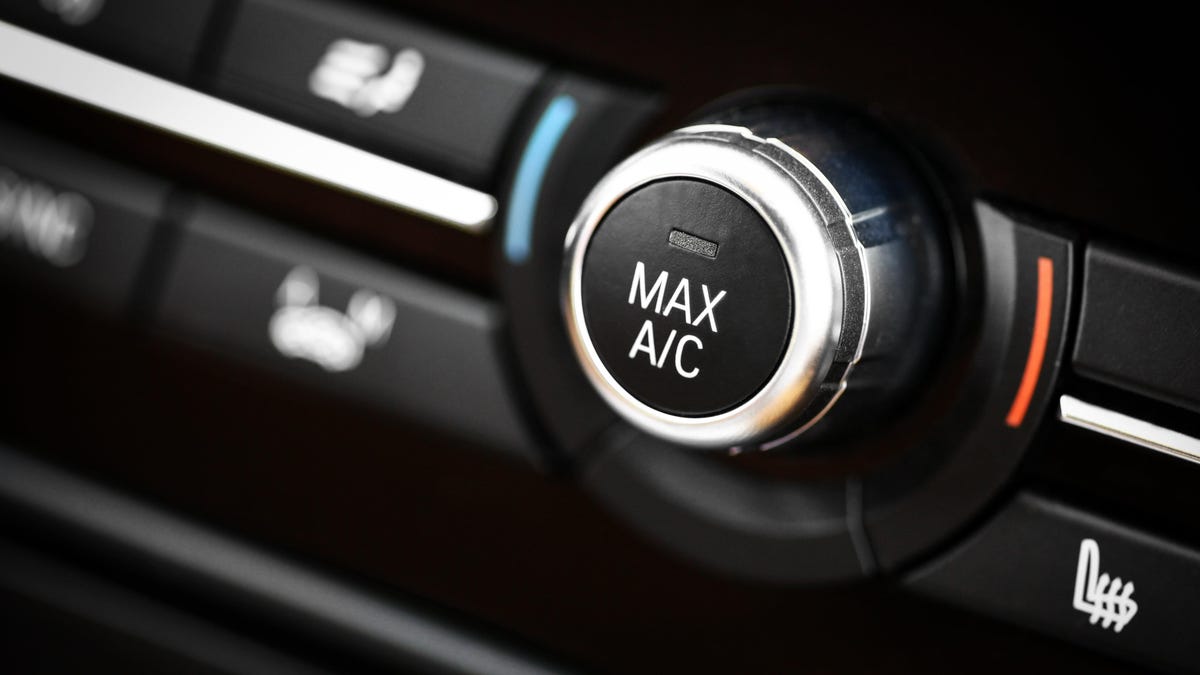Three Ways to Get the Most Out of Your Car's Air Conditioner
No one wants to get into their car on a really hot day and turn on their air conditioning for some relief, only to wait for a refreshing, cool breeze that never comes. Or, maybe some semi-cool air manages...

No one wants to get into their car on a really hot day and turn on their air conditioning for some relief, only to wait for a refreshing, cool breeze that never comes. Or, maybe some semi-cool air manages to get through the vents a few minutes into your drive, but is too warm and too weak to make much of a difference. Either way, here are three ways to get more out of your car’s air conditioner.
How to get the most out of your car’s air conditioner
Some strategies for dealing with inadequate AC in your car—like parking in the shade, or using a windshield cover—focus on trying to keep it as cool as possible when it’s not in use. And while they do help keep the temperatures inside the car down a bit, it’ll still likely be uncomfortably hot when you get in.
Here are some other options that might work a bit better:
Change the air filter
When was the last time you changed your cabin air filter? If you can’t remember, or know it was a while ago, you may want to check it. Over time, the dirt, dust, pollen, and other particles that your air filter prevents from blowing out through your vents accumulate, potentially clogging it and stopping the cool air from flowing through.
Let the hot air out
It typically takes around 10 to 20 seconds for your car’s AC to get going, so switch it on as soon as you get in the car, and open your windows for roughly the same length of time. That way, you’re clearing the hot air out while the AC cools down.
Set it to the lowest temperature
It may seem like you’re doing your car a favor by setting the temp somewhere in the middle of the dial, but according to the automotive experts at Consumer Reports, that’s not the case.
“In a typical AC system, the air is cooled to 38 degrees,” CR editors explain. “If you set the temp higher, you’re actually forcing the system to reheat the cooled air, which takes more effort and more fuel.”

 Tekef
Tekef 































